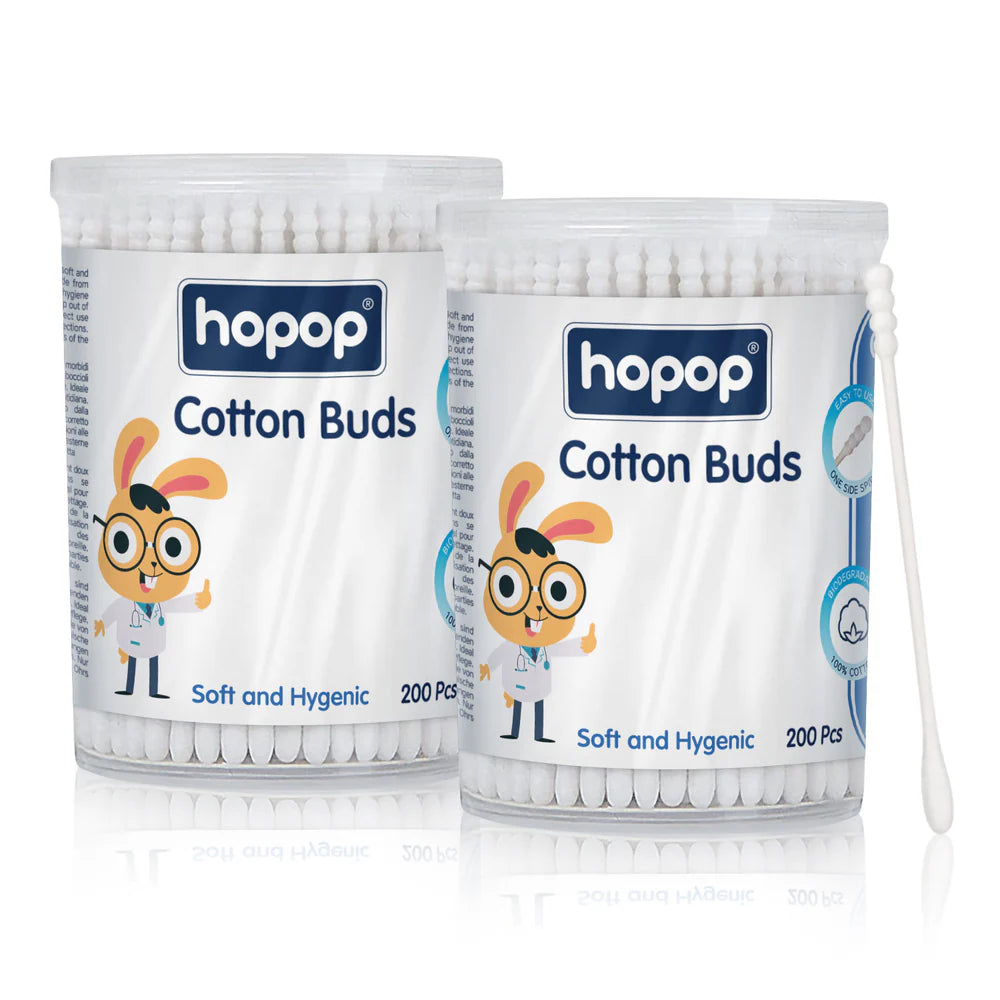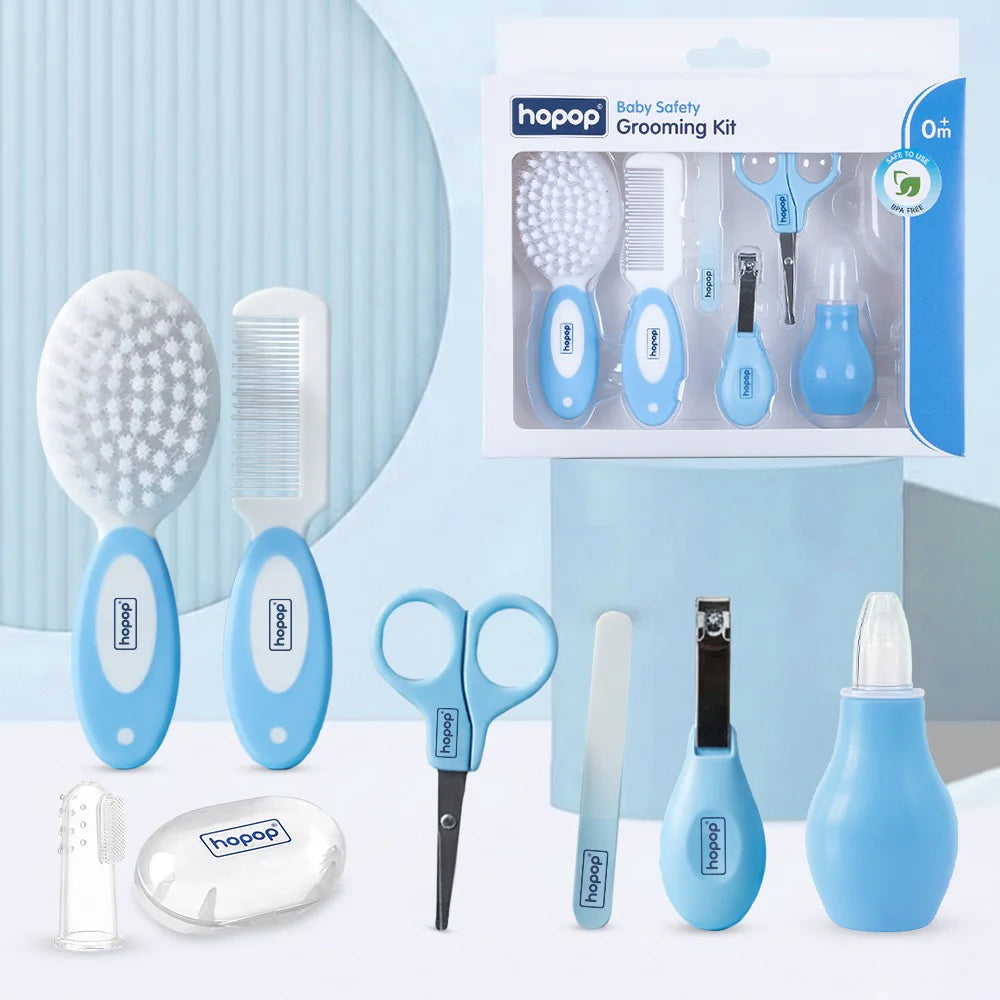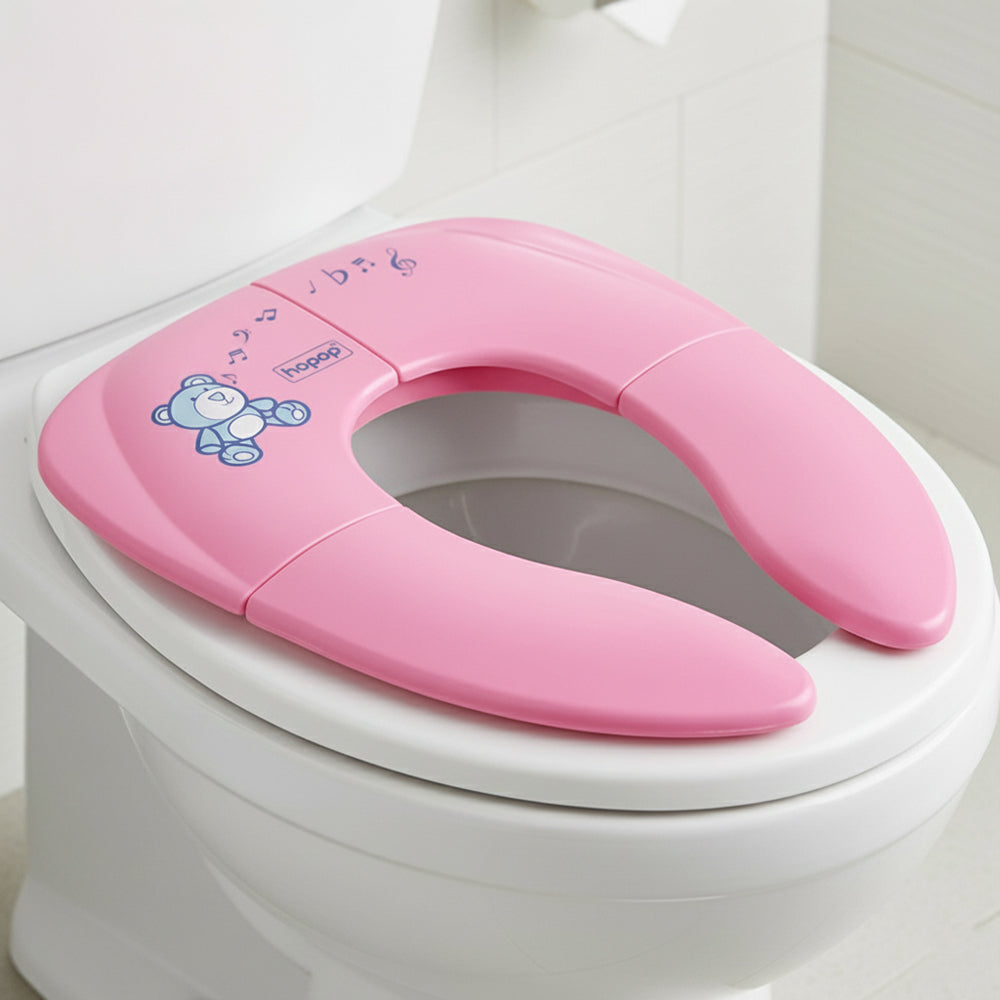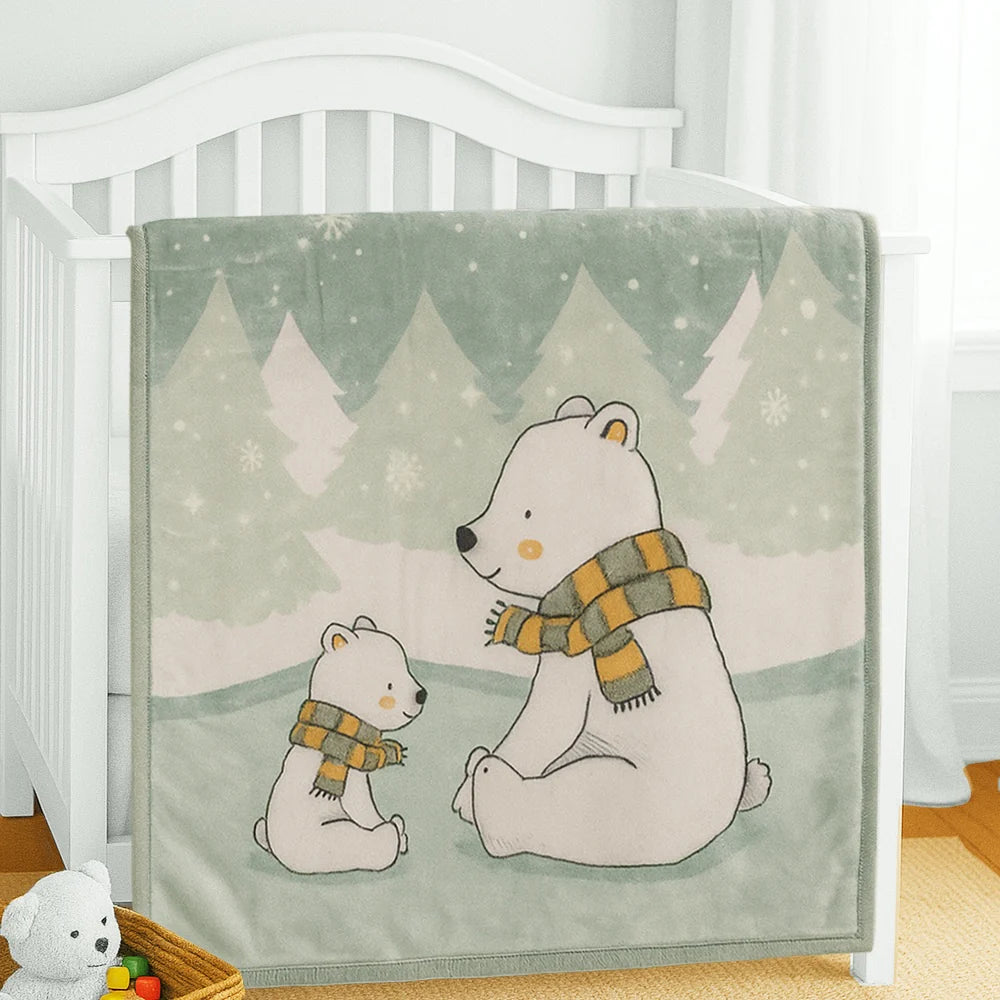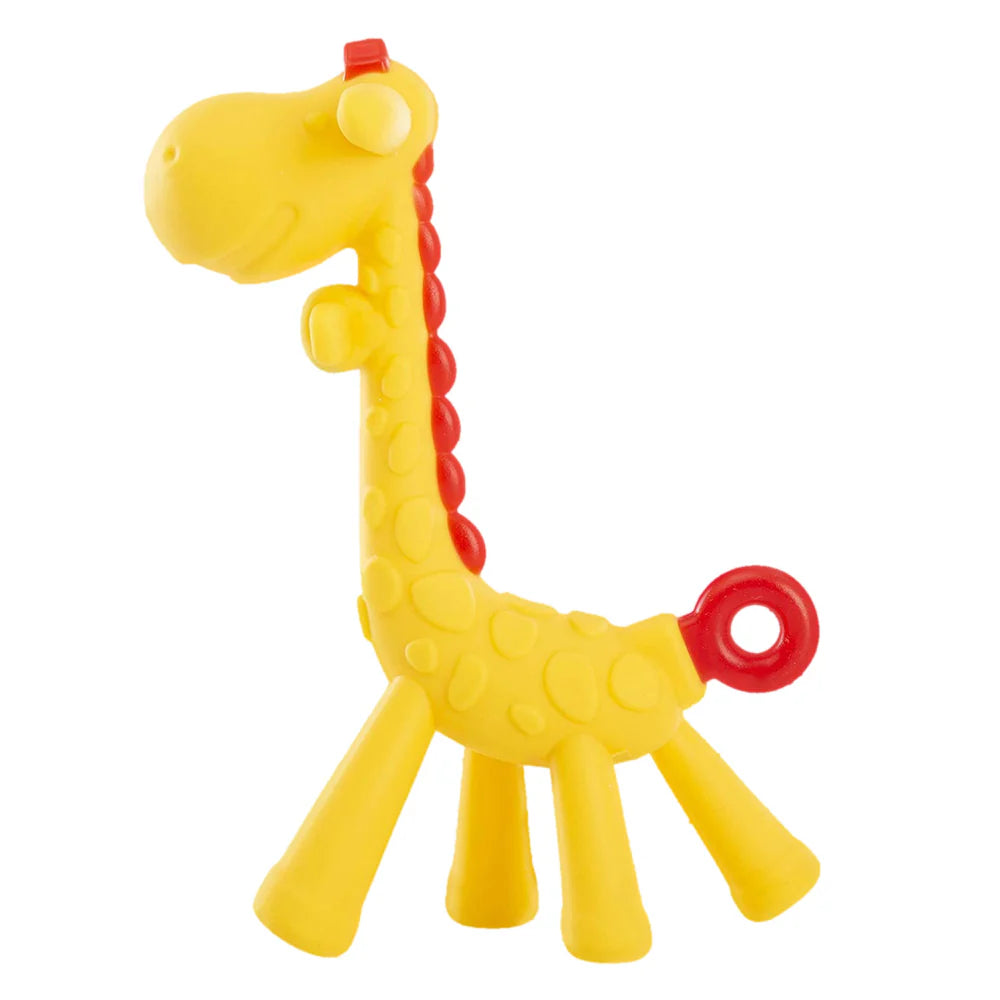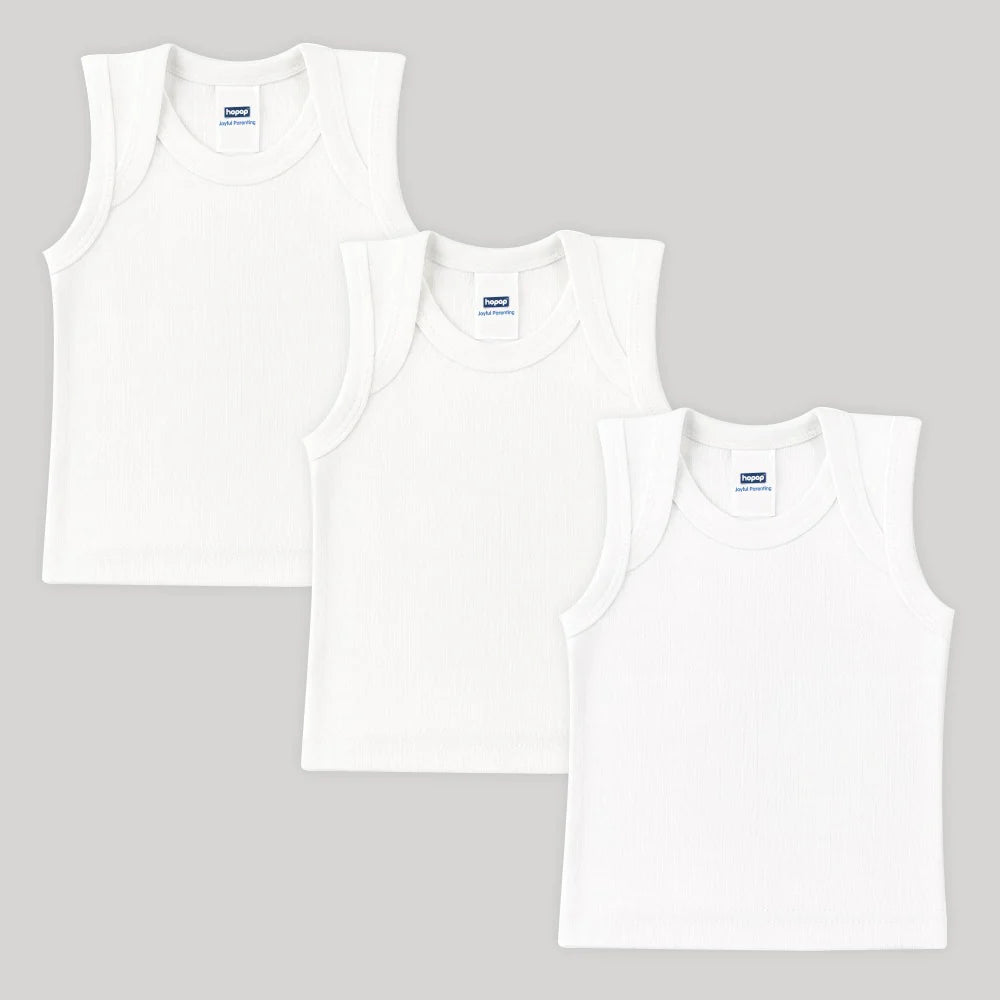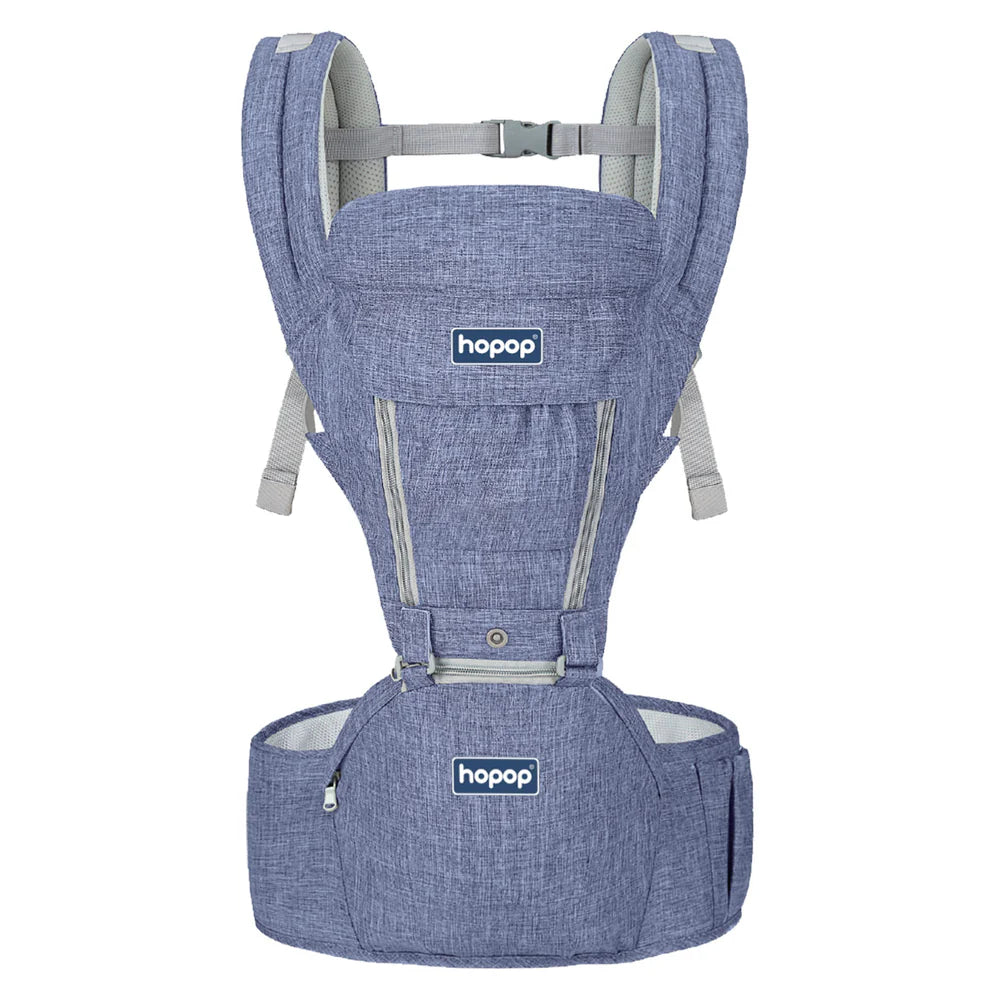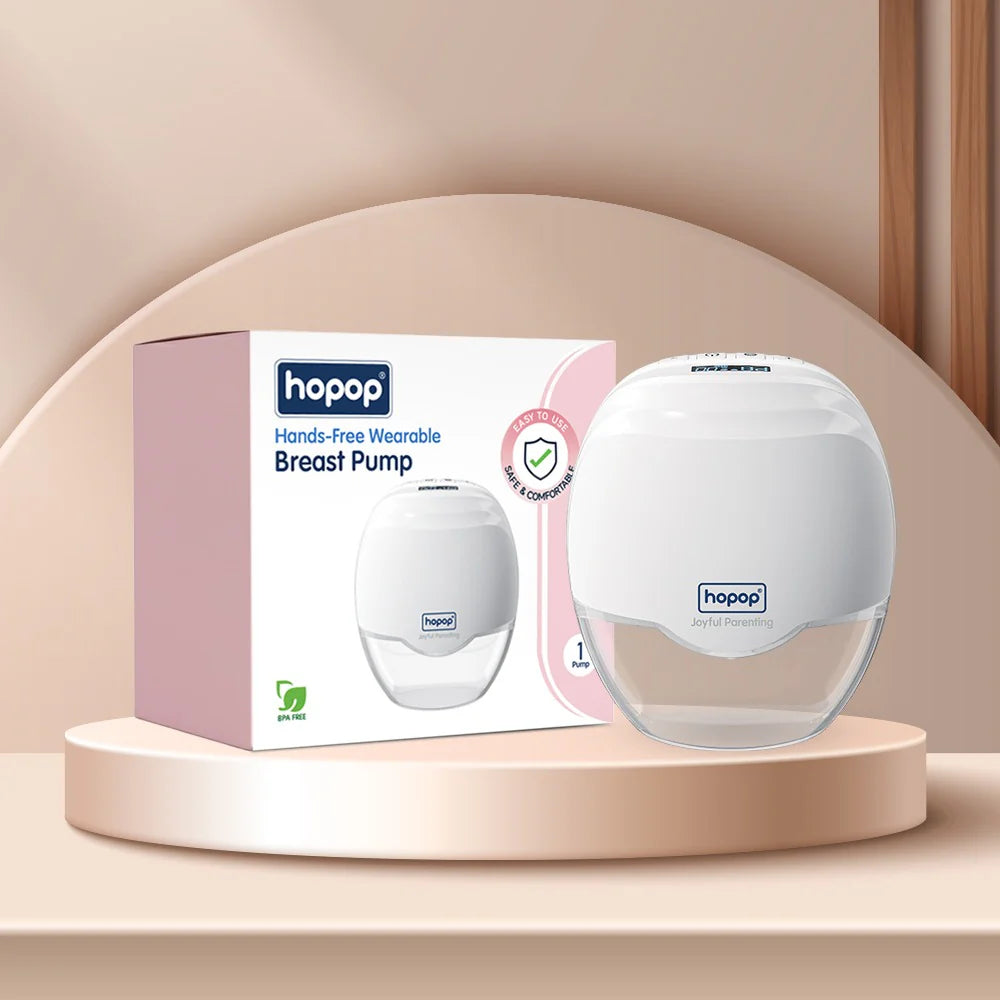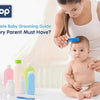Protecting Your Infants Against Cold and Flu This Winter
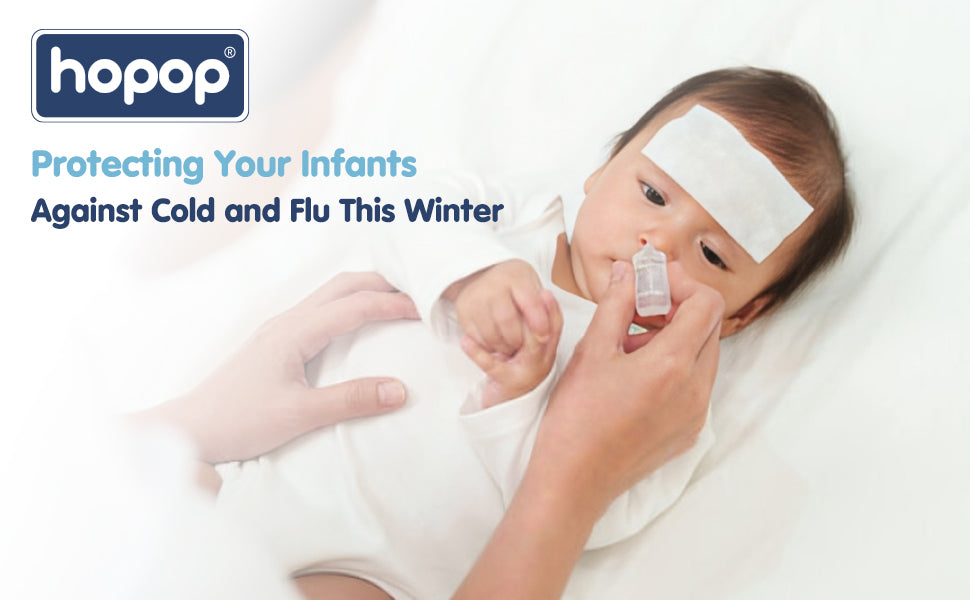
As winter approaches, protecting your little one from cold and flu becomes a top priority for parents. As babies are more likely to get sick because of their underdeveloped immune systems, knowing the risks and taking steps to prevent them is important for their health. There are many ways you can protect your baby, from good hygiene to keeping the air in your home clean. Additionally, having the right tools on hand, such as gentle nasal care products, can help alleviate symptoms and provide comfort to your ill baby.
Understanding Cold and Flu in Infants

Infants, with their developing immune systems, are more susceptible to respiratory infections compared to older children and adults. The symptoms of cold and flu in babies can include fever, congestion, cough, and difficulty breathing. While these illnesses may seem like minor inconveniences for adults, they can quickly escalate into more severe conditions for infants, such as pneumonia or dehydration.
It's essential to be aware of the unique challenges that infants face when it comes to fighting off these viruses. Their smaller airways and less developed immune responses make them more vulnerable to complications. Additionally, infants under 6 months of age cannot receive the flu vaccine, leaving them even more exposed to the dangers of influenza.
What are the key ways to protect infants from cold and flu?
Wash hands frequently
Encourage everyone in the household to wash their hands regularly, especially before handling the baby. This simple practice can help prevent the spread of germs.
Avoid close contact with sick individuals
Infants should avoid contact with anyone who is sick, as they are more vulnerable to infections. Limiting exposure to sick individuals can reduce the risk of your baby getting sick.
Keep the environment clean
Regularly disinfect commonly touched surfaces, such as doorknobs, toys, and countertops. This can help eliminate germs that may cause cold and flu viruses.
How can parents boost their infant's immune system?
Breastfeed if possible

Breast milk contains antibodies that can help boost your baby's immune system. If breastfeeding is not an option, consult with your pediatrician about the best formula for your infant.
Ensure proper nutrition

A well-balanced diet is essential for a strong immune system. Make sure your infant is getting the necessary nutrients through breast milk, formula, or solid foods as recommended by your pediatrician.
Adequate sleep

Infants need plenty of rest to support their immune system. Establish a consistent bedtime routine to ensure your baby is getting enough sleep each night.
What are the signs of cold and flu in infants?
Fever

A fever is a common symptom of both cold and flu viruses. Monitor your baby's temperature and consult with your pediatrician if it exceeds the recommended threshold.
Congestion
If your infant is having difficulty breathing due to nasal congestion, it could be a sign of a cold or flu. Use a humidifier to help alleviate congestion.
Irritability
Infants may become more fussy or irritable when they are sick. Pay attention to changes in your baby's behavior and seek medical advice if needed.
By following these expert tips, parents can help protect their infants from cold and flu viruses during the winter months. Remember to consult with your pediatrician for personalized advice and guidance on keeping your little one healthy and safe.
When to Seek Medical Attention
While preventive measures can go a long way in protecting your infant, it's essential to be vigilant for any signs of severe illness. If your baby is experiencing high fever, difficulty breathing, or persistent vomiting, seek immediate medical attention. Early intervention can be crucial in preventing complications and ensuring a swift recovery.
Conclusion
Keeping your infant safe and healthy during the winter season requires a proactive approach. By understanding the risks, implementing preventive measures, and creating a nurturing home environment, you can give your little one the best chance of weathering the cold and flu season.
-
Posted in
baby care, cold & flu care, newborn care


